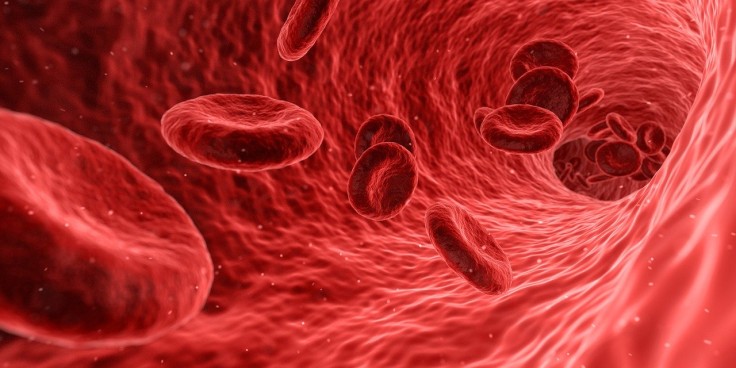
A twelve-year-old boy is now cured of his sickle cell disease after a successful stem cell transplant.
Elliot Preddie was born with an inherited blood disease: sickle cell disease. People born with this genetic condition often suffer from extreme pain and fatigue. The only cure to this disease is a bone marrow or stem cell transplant.
Elliot's mom, Tremesha, said that Elliot's disease causes him to struggle with his energy level and stamina, and he also gets dehydrated easily. Elliot said that he played sports a lot when he was younger, but he easily gets too cold because of his sickle cell. Because his body could not keep up, he decided to quit both basketball and soccer.
Matching donor found despite the odds
Despite the odds, Elliot was able to find a matching donor, and in 2019, he had a successful stem cell transplant. Before the transplant, he was on monthly chronic blood transfusions, his doctor said, and he needed to find blood that matches his or his body would react to it. Statistically, black people have only 23 percent chances of finding a match with an unrelated donor, while white people have higher chances at 77 percent.
One year later, the Preddie family is happy to share the good news that Elliot is now cured and doing well. Elliot's father, Terry, said that things are now starting to get back to normal. He still comes back to the hospital, though, for his monthly checkups with the stem cell transplant team.
Younger brother also has the sickle cell disease
His four-year-old brother, Carter, also has a sickle cell disease. However, Tremesha said that the way the disease manifests is massively different between the two boys. Carter did well with his maintenance medications, and while he sometimes experiences severe pains, they were not as often. She said that they are at a place where it makes more sense for them to risk the stem cell for Carter.
She said that more funding and education should be devoted to sickle cell disease, especially since many people are not aware of the blood disorder called "sickle cell trait." People with SCT inherit only one copy of the sickle gene and typically don't have symptoms of the sickle disease, and so lives a normal life. However, they can pass the gene on to their children and SCD is more likely to develop if both parents have the trait.
Tremesha knew that she has SCT only when she was five months pregnant with Elliot. The couple said that SCT is often misunderstood or mistreated. According to Tremesha, she could not get a lot of doctors to believe she was having pain, despite it being very visible on several occasions. They assume, she said, that SCT should not cause complications, which she says is not necessarily true.
Sickle cell disease causes red blood cells to become sticky and hard, forming a sickle-like shape. Typically, sickle cells die prematurely causing chronic red blood cell shortage or anemia. Also, painful episodes occur when the sickle cells get stuck in the small blood vessels which deprive tissues and organs of oxygen-rich blood oxygen.
Read next:
5-Year-Old Illinois Boy Tragically Dies After Granite Tabletop Caused Head Injury
Virginia Boy Kindly Donates 22,000 Diapers to Help Needy Single Moms
California Mom and Lawmaker Brings Baby to Work 5 Weeks After She Gave Birth